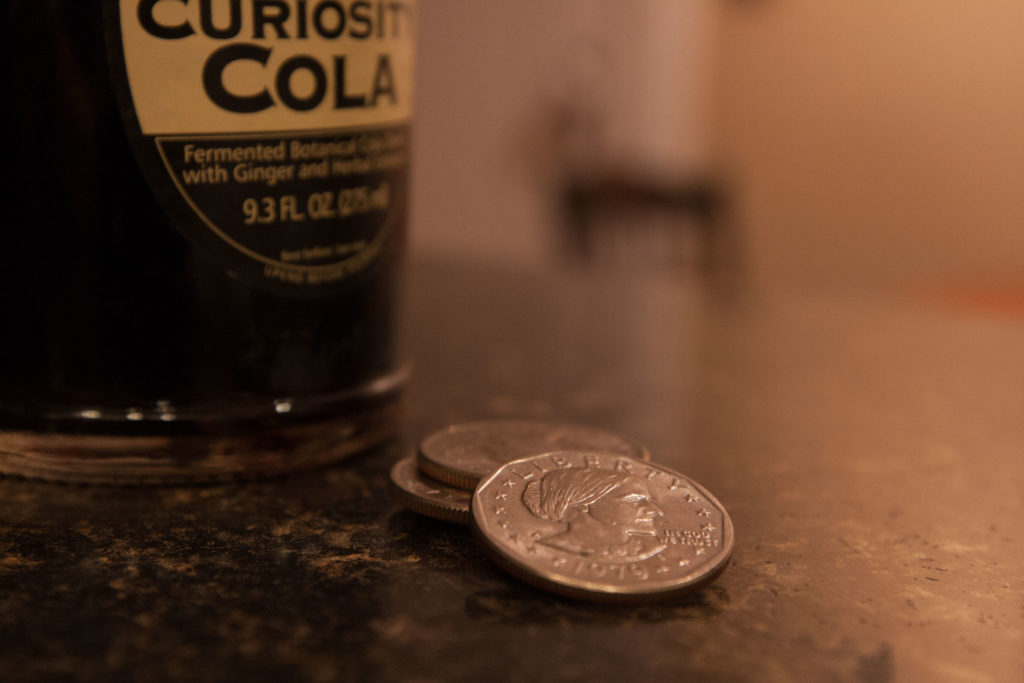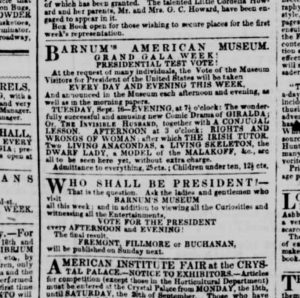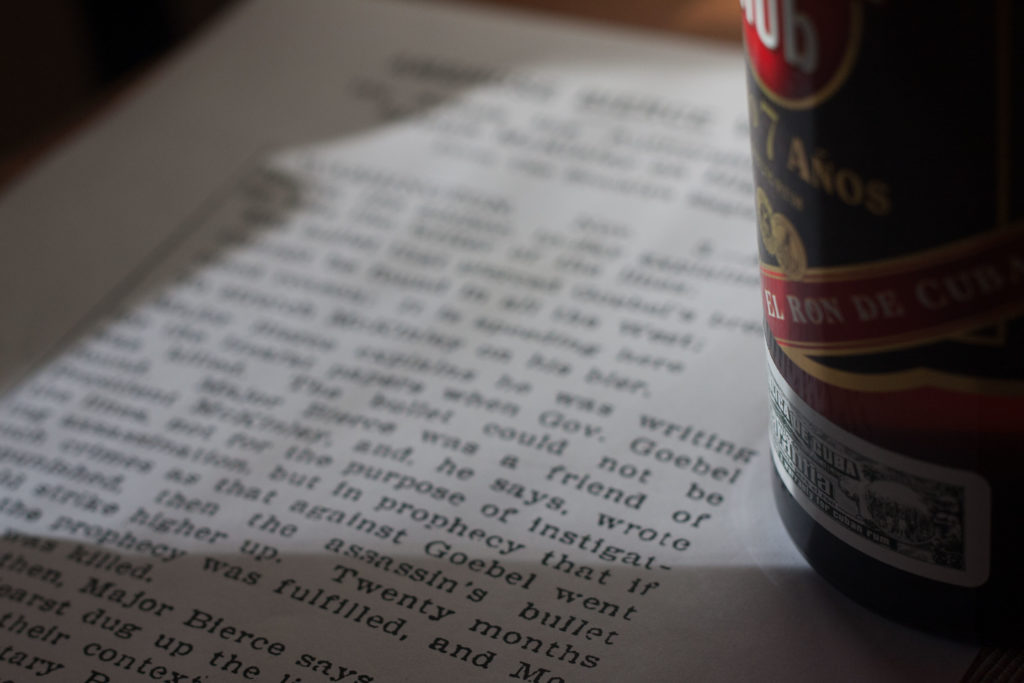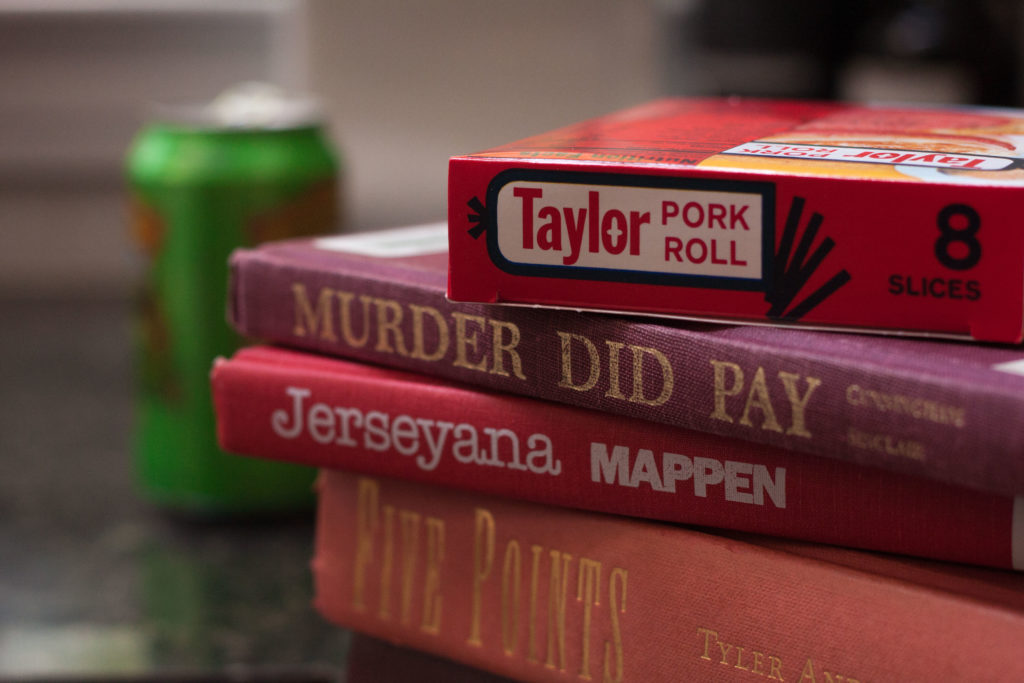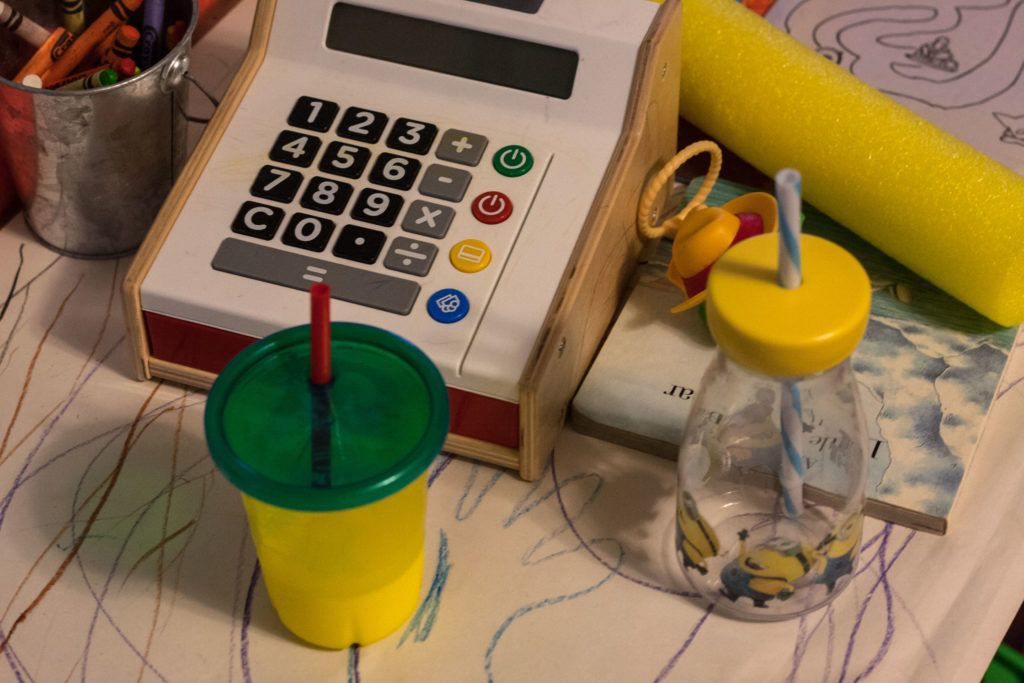Have a drink with: The American Voter
On Tuesdays we wear white.
Ask her about: Her “citizen’s right, guaranteed to me and all United States citizens.”*
In case you need some historical comfort for your Election Day habits:
Compulsively clicking “refresh” on FiveThirtyEight? We get it. P.T. Barnum got it, too, which is why he offered a daily “Presidential Test Vote” at his American Museum (open to women as well as men!) and fed results to the daily papers:
“Women as well as Men vote at BARNUM’S MUSEUM All this week. Now is the time, Ladies, to show your preference. The vote will be taken, and the curiosities and entertainments of the museum increased in proportion.”
(While at the Museum, you could conveniently escape your polling anxiety with “Two LIVING ANACONDAS, a LIVING SKELETON, the DWARF LADY, a MODEL of the MALAKOFF, &c.”)
